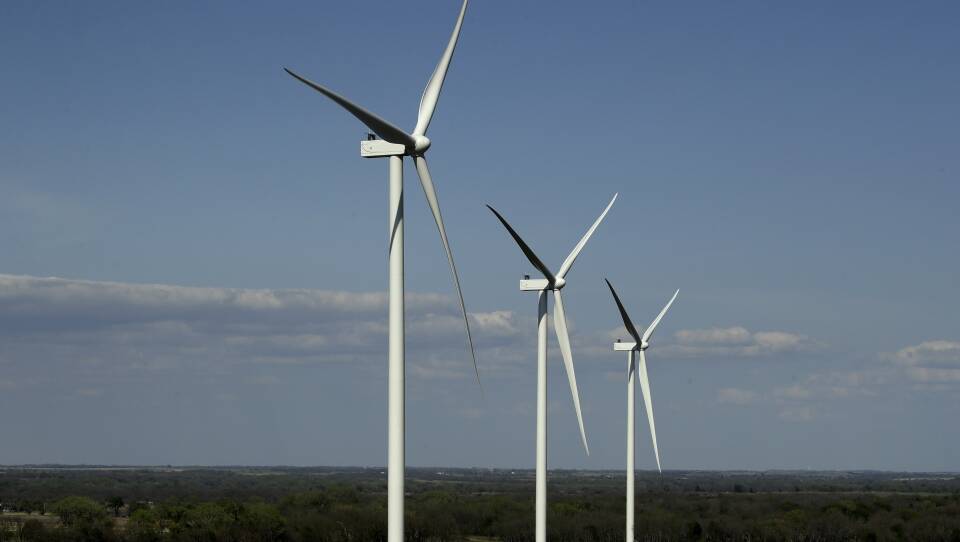A new poll released Wednesday by the Barr Foundation, a Boston-based environmental organization, shows a majority of Massachusetts voters perceive climate change as a problem and support a shift toward renewable energy.
The survey also found voters of color support a shift away from natural gas for heating and electricity toward renewable energy more widely than their white counterparts.
Sixty-two percent of voters indicated they consider climate change to be a crisis or a very serious problem, while 23% considered it only a somewhat serious problem. Thirteen percent indicated climate change is “not that serious a problem” or not a problem at all. One percent were not sure how to categorize climate change.
The figures show an overall increase in voters who consider climate change a problem since the last survey in September 2020. In that year, voters who considered climate change a crisis, serious problem or somewhat serious problem amounted to 81%. That number is now 85%.
Wednesday’s survey showed this slight increase in overall concern, with varying degrees of severity.
“We can only hypothesize [why people feel this way] based on what we’re seeing and what a lot of other polls that have taken place are [showing],” said Kathryn Wright, the Barr Foundation’s clean energy senior program officer. “We’ve been in the middle of a pandemic and a number of other crises that I think are probably impacting people’s ability to process all of these challenges at once."
Voters of color were more likely to indicate support for transitioning away from natural gas toward generating heating and electricity from entirely renewable energy sources. Forty-nine percent of voters of color support the idea, compared to 38% of white voters.
It's a trend researchers said is now showing across two New England states.
“This is consistent with results out of Connecticut,” said Wright, noting a 2021 survey of Massachusetts’ southern neighbor. “There we also saw voters of color were more likely to support the renewable energy transition, more likely to view the move to renewable energy as realistic and more likely to be concerned about climate change.”
Though the latest Massachusetts survey did not delve deeply into this trend, Wright noted communities of color are typically hit “first and worst” by climate change.
“So, a lot of the impacts are more salient. That would be our hypothesis on why voters of color tend to be more activated around this issue,” she said.
The survey was conducted in mid-May by Democratic polling firm Global Strategy Group and funded by the Barr Foundation. It is based on responses from 600 registered voters across the state and has a 4% margin of error.
The poll comes a day after U.S. Senator Ed Markey joined Mayor Michelle Wu in Boston to mark the senate’s passage of the Inflation Reduction Act. That bill would ramp up efforts to combat global warming and trim demand for fossil fuels through nearly $400 billion in clean energy investments. It narrowly passed the divided Senate, now goes before the House.
At the state level, a bill that climate advocates say would greatly expand clean energy and reduce greenhouse gas emissions in Massachusetts awaits action from outgoing Gov. Charlie Baker.
The poll also came as the nonprofit Environment Massachusetts Research & Policy Center released its fifth Renewable Communities report. The publication highlights local policies and projects that reduce the use of fossil fuels and transition to clean energy.
Some of this year’s case studies include:
- Beverly reducing its public schools greenhouse gas emissions by more than 20% through energy efficiency and conservation measures.
- Boston standing up the Solarize Eastie program to bring affordable solar energy infrastructure to the neighborhood dominated by people of color.
- Melrose installing the first electric vehicle chargers mounted on utility poles.
- Salem joining the Blue Bikes program with seven new bike-share docks.
Produced with assistance from the Public Media Journalists Association Editor Corps funded by the Corporation for Public Broadcasting, a private corporation funded by the American people.








